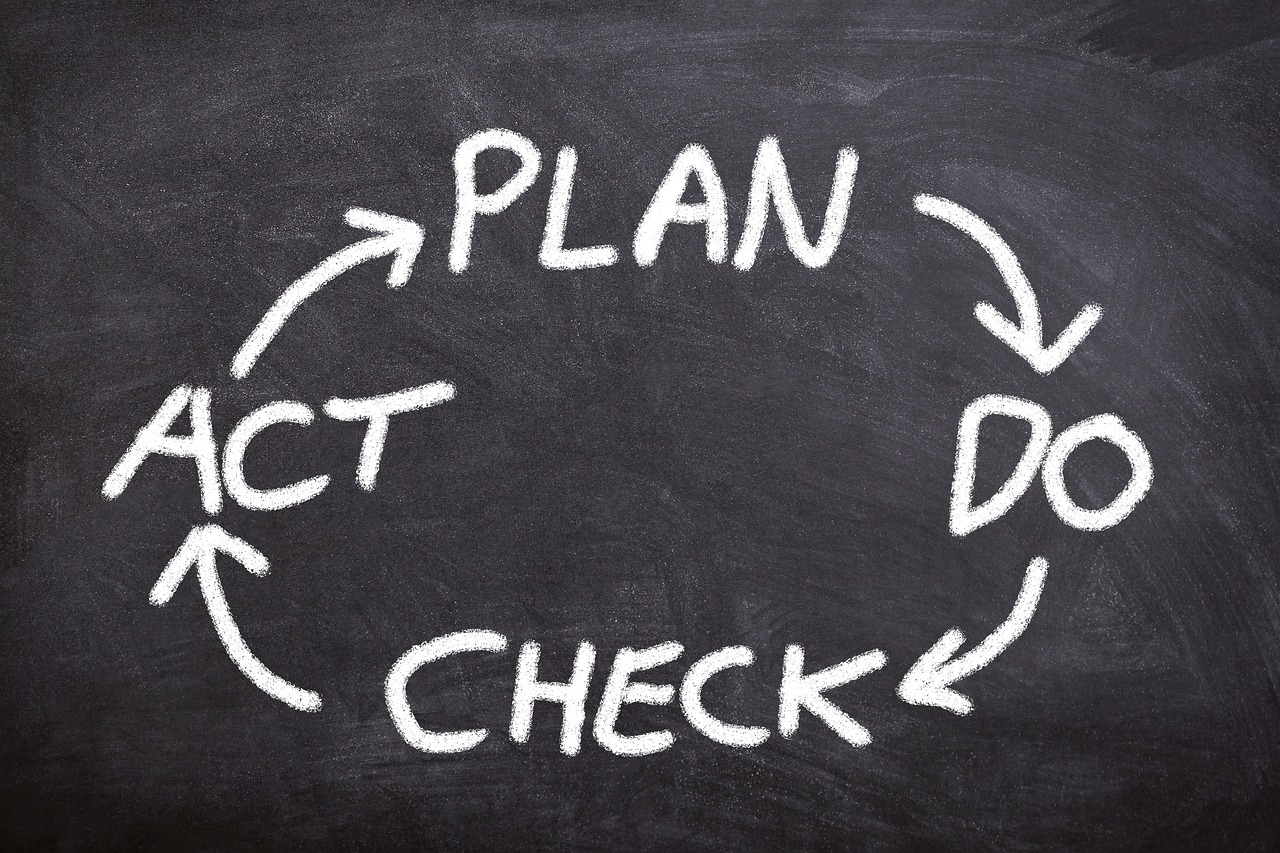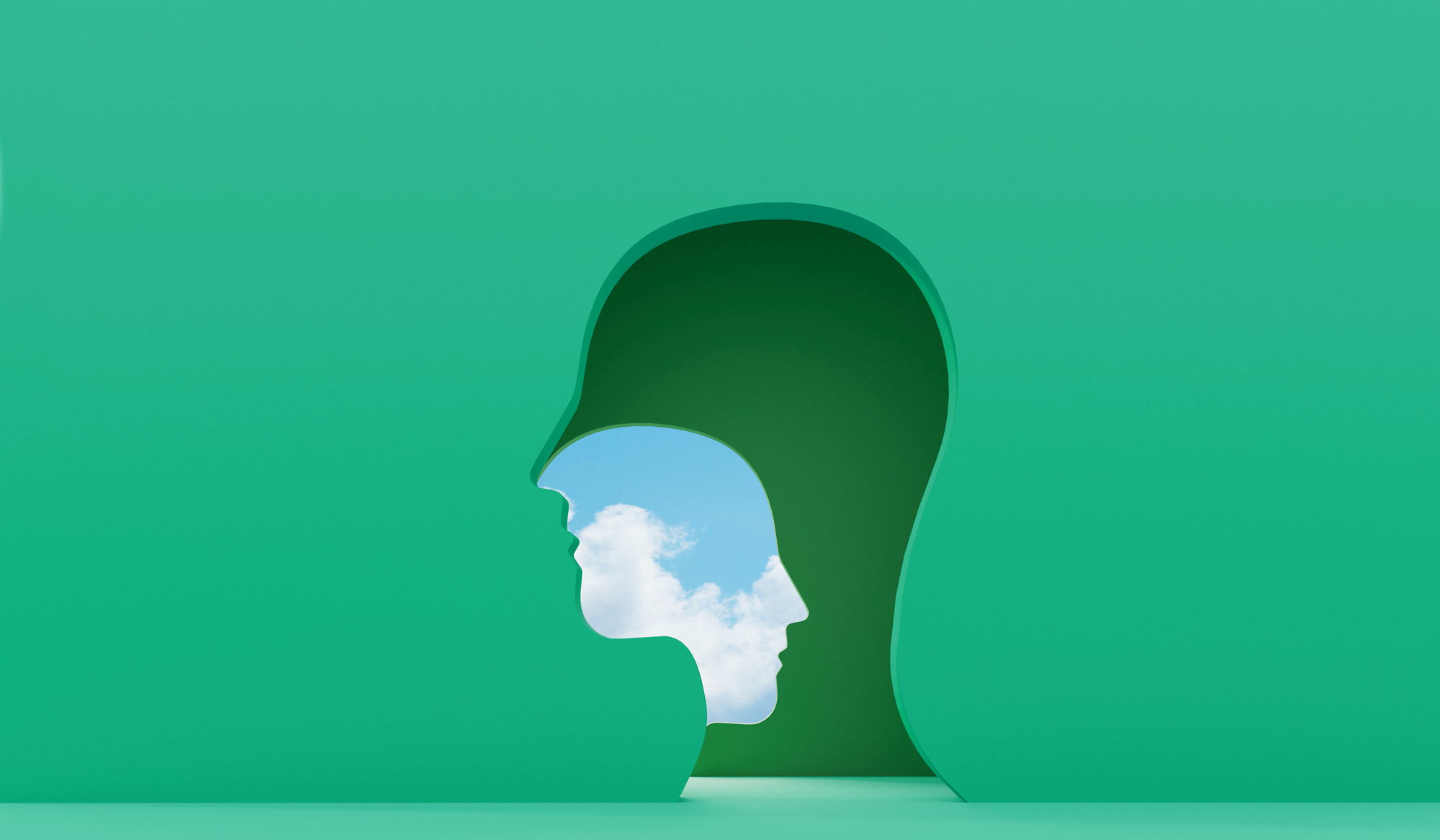
Breaking the cycle of Poor Habits Cycle: Understanding Cues, Cravings, Response and Rewards
11, September 2025
Understanding the cycle of poor habits is key to breaking free from negative behaviours and creating healthier routines. This cycle consists of four distinct stages: cue, craving, response, and reward. Recognizing and addressing each stage is essential for lasting change.
- Cue : The trigger that sets the habit in motion. Cues can be external, like a specific time of day or a situation, or internal, such as an emotional state or a physical sensation. Common triggers for poor habits include stress, boredom, social situations, or even being in particular locations. Identifying the cues that trigger your habits is the first step to breaking the cycle.
- Craving: Once the cue is activated, it leads to a craving, which is the desire or urge to engage in the habitual behaviour. These cravings are often driven by the anticipation of a reward or the need to relieve discomfort. Understanding the underlying desires behind these cravings is crucial to resisting them.
- Response: The response is the behavior or action taken in response to the craving. This is the habit itself, whether it’s smoking, overeating, excessive screen time, or procrastination. Changing this response requires conscious effort, self-discipline, and the development of healthier alternatives.
- Reward: The positive reinforcement that follows the behavior( Response). Rewards satisfy the craving and strengthen the habit loop, making it more likely to recur. Rewards can be tangible (such as food or money) or intangible (like pleasure, stress relief or sense of accomplishment)
Strategies to Break the cycle
Breaking the cycle of poor habits involves disrupting each stage of the habit loop. Here are some practical strategies to help you build healthier habits:
- Identify Your Cues: begin by tracking when and where your habit occurs. Keeping a journal of the times, places, emotions or situations that trigger your behavior can reveal underlying cues. Once identified, you can take steps to avoid or alter these triggers.
- Manage cravings: cravings are often a response to unmet needs. Rather than giving in to them, try finding healthier alternatives that satisfy the same need. For instance if you crave comfort during stress, try engaging in physical activities such as yoga deep breathing exercises or hobbies that provide a similar sense of relief.
- Change your Response: Replacing the habitual response with a healthier alternative is crucial. If, for example, stress leads to overeating, try substituting the response with a stress-reduction technique like walking, stretching or journaling. Having a plan in place for these moments of temptation can help you make more conscious choices.
- Enhance the Rewards: To reinforce positive behaviours, make sure to celebrate small victories. Acknowledge the benefits of healthier choices, such as improved energy or a greater sense of well-being. By focusing on the positive rewards of change, you create new motivations to sustain better habits.
Breaking free from poor habits requires an understanding of the cue, craving, response, and reward cycle. By identifying triggers, managing cravings, replacing unhealthy behaviours with better alternatives, and focusing on the rewards of positive actions, you can disrupt negative patterns and build lasting, healthy habits. With patience, self-awareness and persistence, you can transform your habits and create a more balanced, fulfilling life.

Gaming addiction, also known as Person experiencing gaming harms, is a serious turmoil that affects millions worldwide. Beyond its emotional and psychological toll, the financial effects of gaming addiction can be devastating...
16, September 2024

Online gaming, including betting, has become a widely accepted form of entertainment in modern society. While it remains a harmless activity for many, it can evolve into addictive and problematic behavior for some.
16, September 2024
